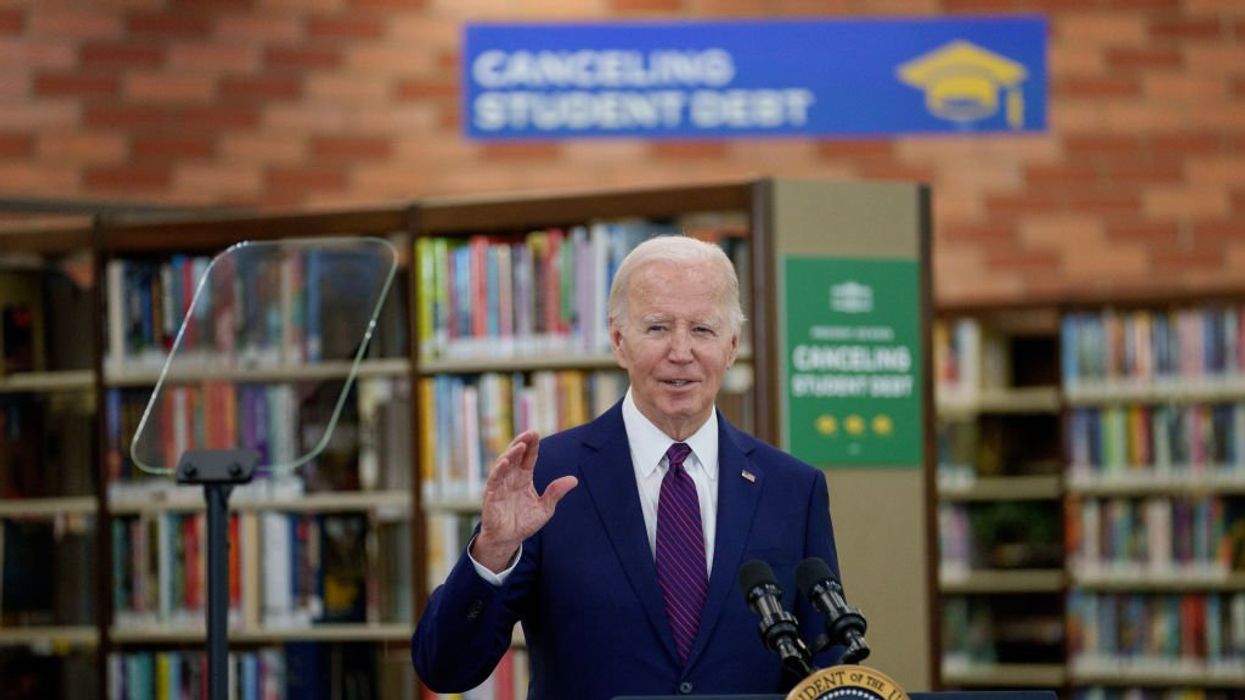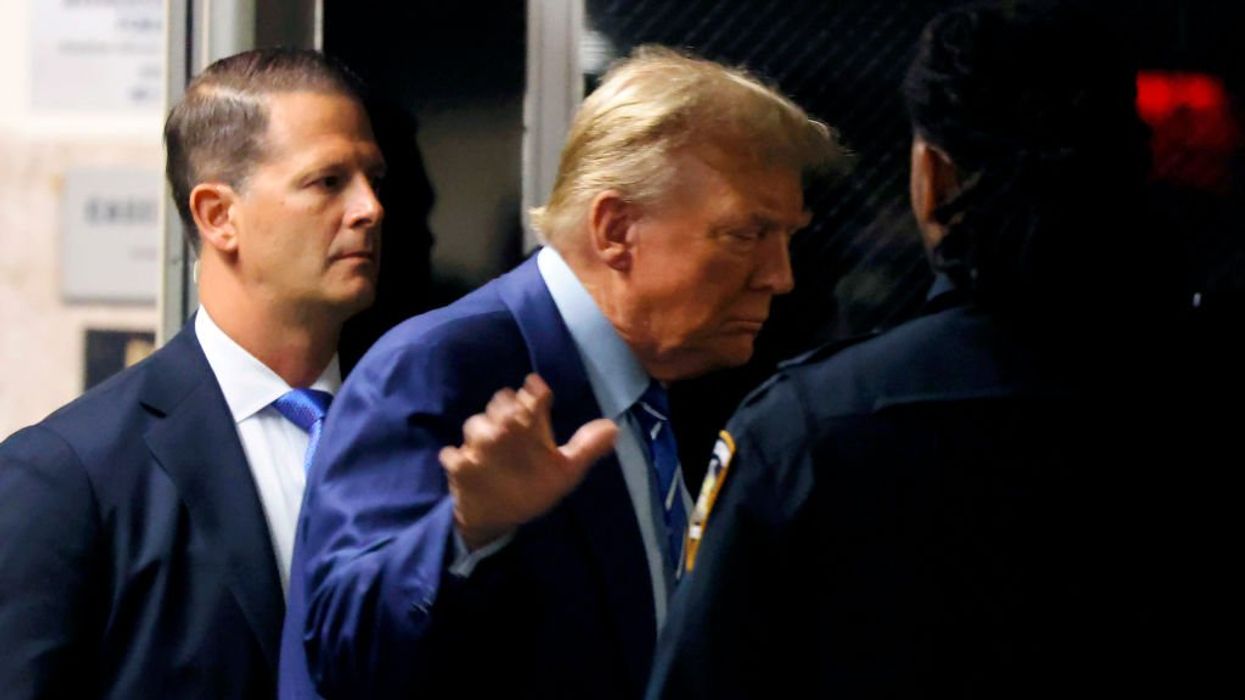
© 2024 Blaze Media LLC. All rights reserved.
Why Citi Strategists Warn Global Economy Appears to Be Trapped in ‘Death Spiral’
February 05, 2016
Some analysts at Citi and elsewhere have lost any sense of optimism regarding the world economy in 2016 ...
Strategists at at the investment banking company Citigroup have suggested that the global economy appears to be trapped in a "death spiral" that points ominously to further weakness in oil prices, recession and a serious equity bear market, CNBC reported.
Some analysts at Citi and elsewhere have lost any sense of optimism regarding the world economy in 2016 following an equity rout in January and weakening economic data in China and the U.S.
"The world appears to be trapped in a circular reference death spiral," Jonathan Stubbs and his fellow Citi strategists said in a report on Thursday. "Stronger U.S. dollar, weaker oil/commodity prices, weaker world trade/petrodollar liquidity, weaker EM (and global growth) ... and repeat. Ad infinitum, this would lead to Oilmageddon, a 'significant and synchronized' global recession and a proper modern-day equity bear market."
Stubbs said that macro strategists at Citi expect the dollar to weaken in 2016 and that oil prices will bottom out, potentially providing an occasion for optimism.
"The death spiral is in nobody's interest. Rational behavior, most likely, will prevail," the report stated.
Crude oil prices have sunk by roughly 70 percent since the middle of 2014. During this time the U.S. dollar has risen by around 20 percent against a handful of other currencies.
In 2015, the world economy grew by 3.1 percent, and according to the International Monetary Fund, it is expected to expand by 3.4 percent in 2016 and 3.6 percent in 2017.
The projection shows that gradual improvement is expected in currently distressed countries like Brazil, Russia and some Middle Eastern countries.
Citi, by contrast, believes the world economy will grow by only 2.7 percent in 2016.
For the most part, advanced economies are making a moderate recovery as many emerging market and developing economies experience strain from the rebalancing of the Chinese economy, lower commodity prices and capital outflows, according to CNBC.
Stubbs noted in the statement that policymakers would likely attempt to "regain credibility" lost in January in the coming weeks and months.
"This is fundamental to avoiding a proper/full global recession and dangerous disorder across financial markets. The stakes are high, perhaps higher than they have ever been in the post-World War II era," he said.
Just 151,000 new jobs were created in January in the U.S., the New York Times reported Friday morning, the latest indication that the world's largest economy is losing steam.
Still, some analysts say markets are exaggerating the prospect of a global downward spiral.
"Many markets are now pricing in a significant probability of recession and when we talk about recession, we're talking particularly about a U.S. recession. Do you think that is likely or not? To me, the odds are too high; the market is pricing too high a probability," Myles Bradshaw, head of global aggregate fixed income at Amundi, told CNBC.
—
Front-page image via Shuttershock.
Want to leave a tip?
We answer to you. Help keep our content free of advertisers and big tech censorship by leaving a tip today.
Want to join the conversation?
Already a subscriber?
more stories
Sign up for the Blaze newsletter
By signing up, you agree to our Privacy Policy and Terms of Use, and agree to receive content that may sometimes include advertisements. You may opt out at any time.
© 2024 Blaze Media LLC. All rights reserved.
Get the stories that matter most delivered directly to your inbox.
By signing up, you agree to our Privacy Policy and Terms of Use, and agree to receive content that may sometimes include advertisements. You may opt out at any time.


